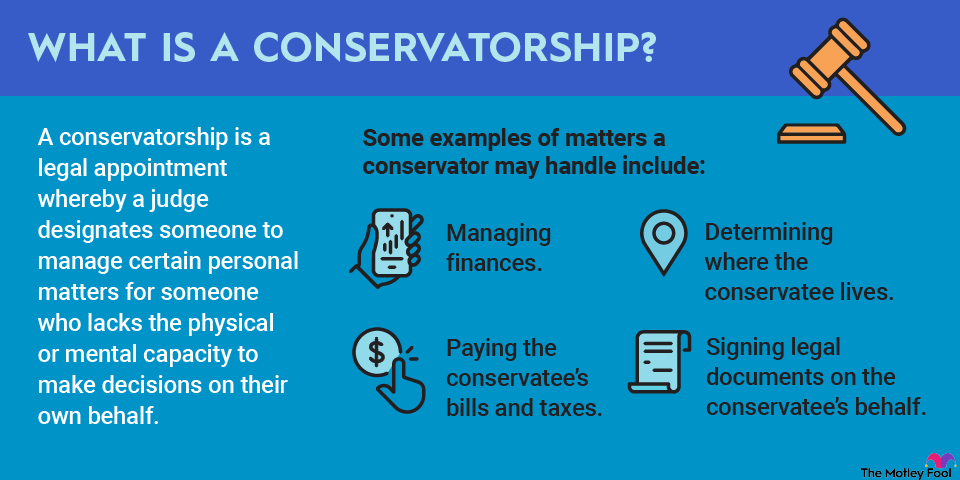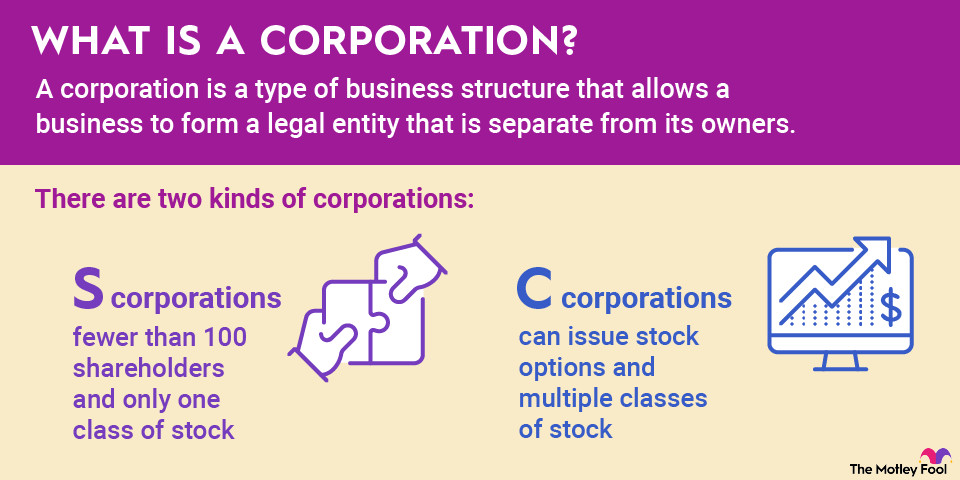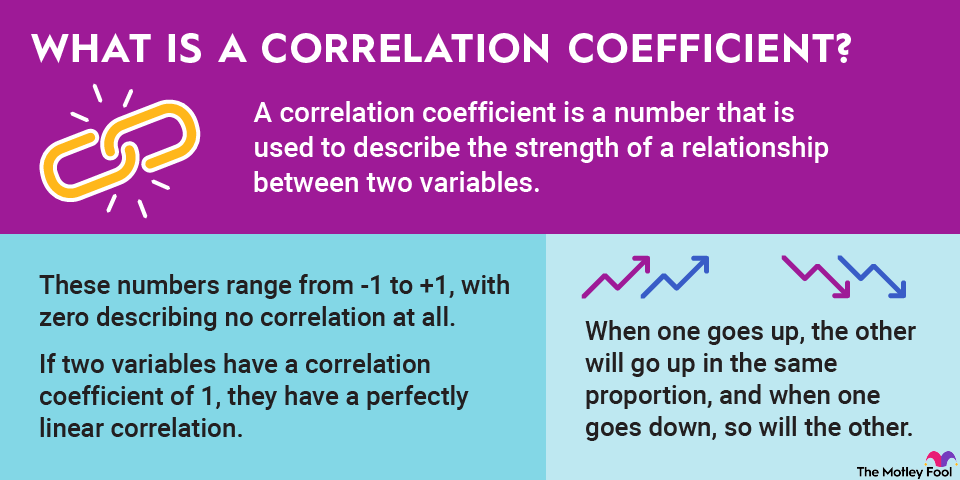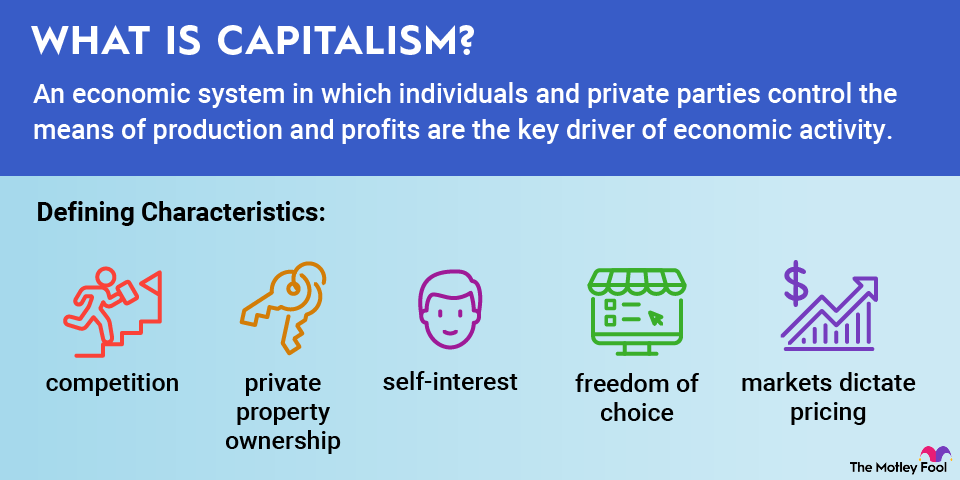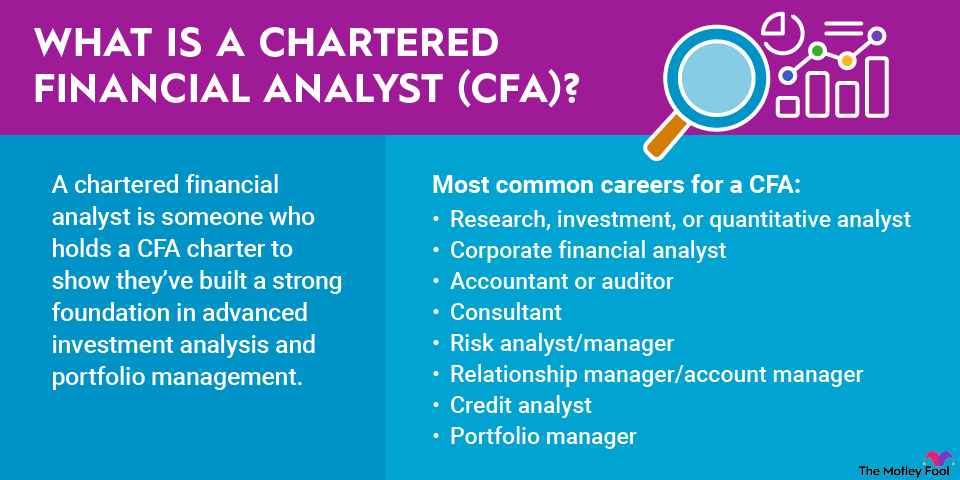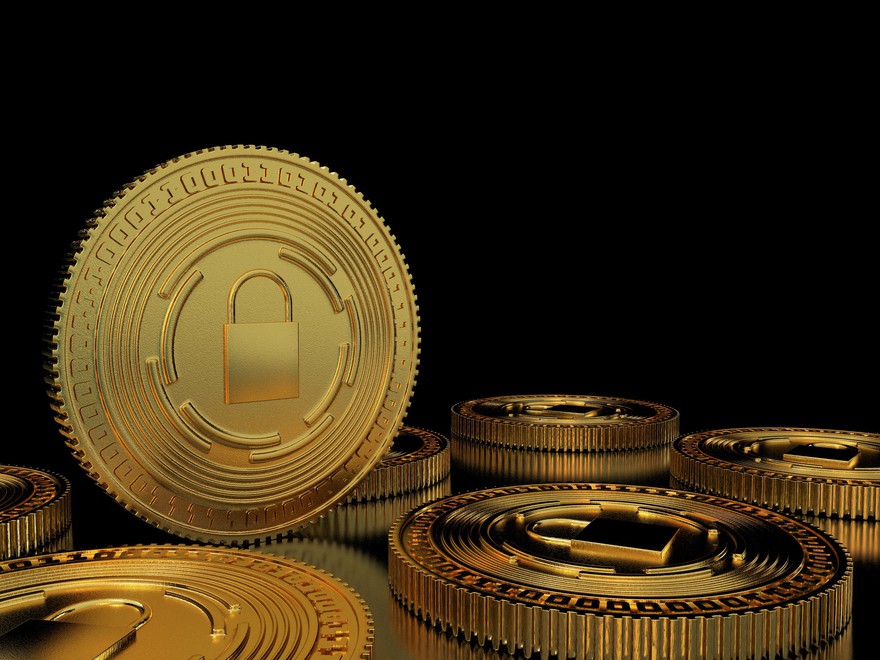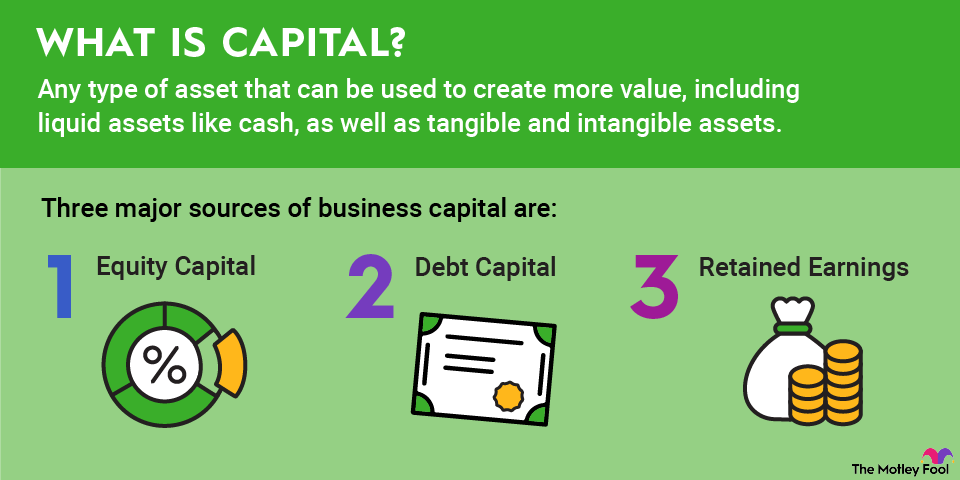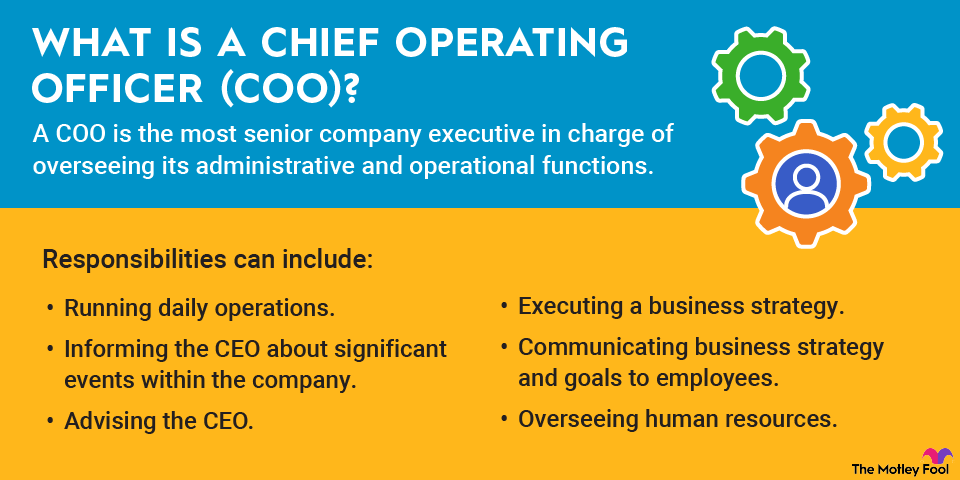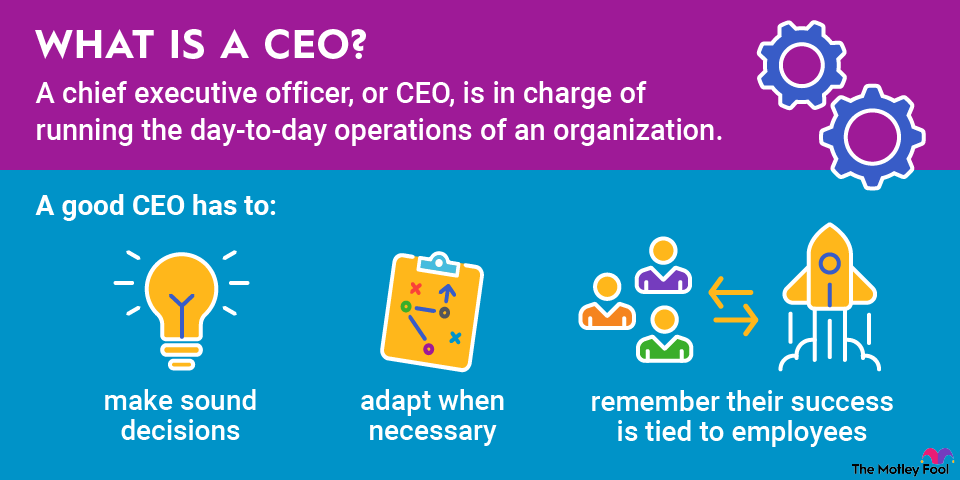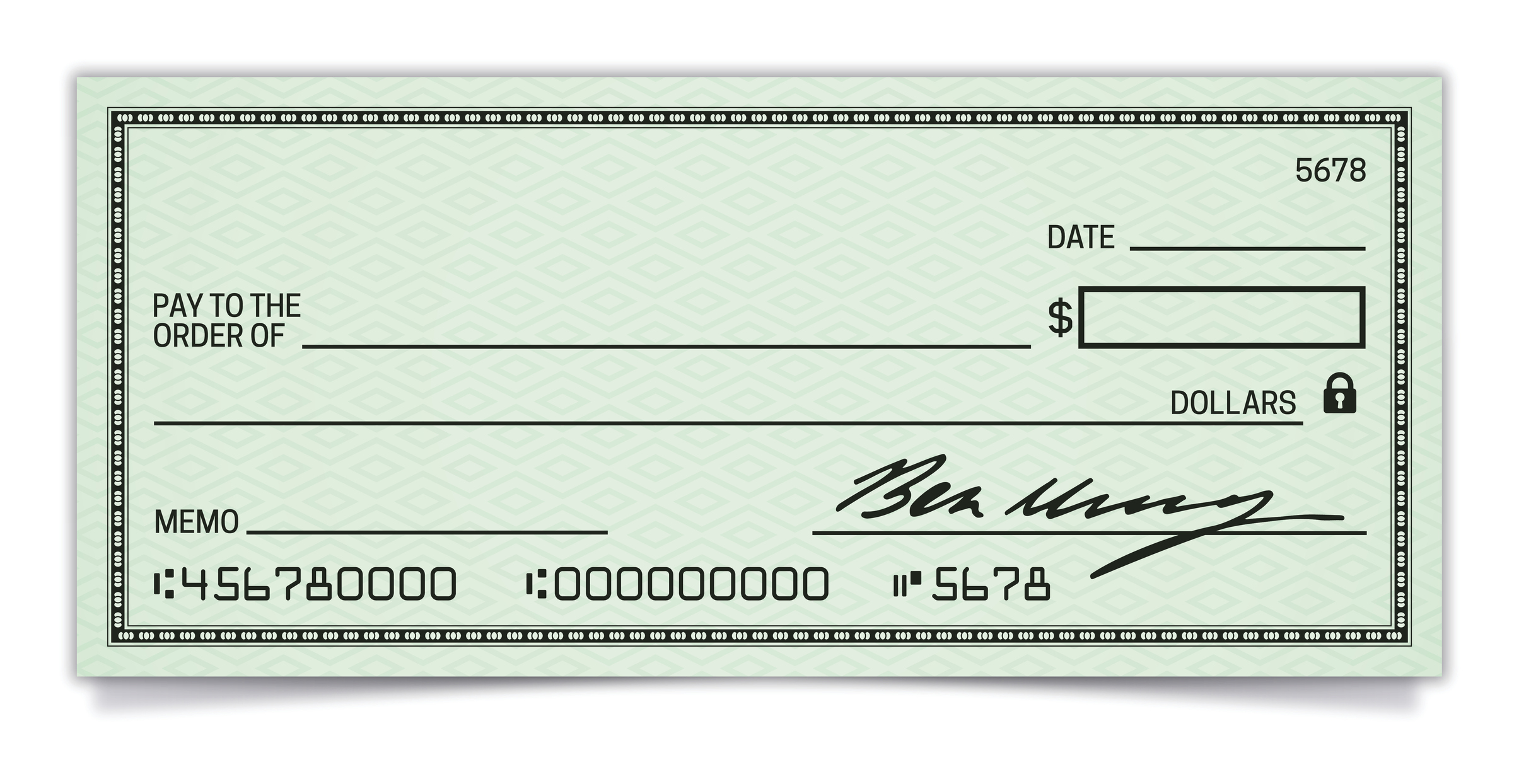Cryptocurrencies can be complicated. Different blockchain networks have different strengths and weaknesses. Thanks to the concept of cross-chain communication, app developers can deliver information from one blockchain to another.
The combination of two (or more) blockchains can be more powerful than the sum of the parts. So, the ability for blockchains to communicate is crucial for developers and investors.

What is cross-chain communication?
The crypto market is not one monolithic blockchain network. For example, Bitcoin (BTC +2.00%) runs a distributed transaction ledger on its own blockchain network. Ethereum's (ETH +1.06%) smart contracts platform uses another that is not compatible with the Bitcoin blockchain.
These networks -- and many more -- are fundamentally different. Yet, if you want to set up an app to send Bitcoin payments when an Ethereum contract is executed, the two systems need to talk to each other.
There are many ways to achieve this interoperability. Several cryptocurrencies were designed for the single purpose of carrying data between different blockchain systems. In other cases, cross-chain communication can be handled by separate messaging protocols that aren't actual blockchain systems.
Cryptocurrency
You could also take a more laid-back approach. Cross-chain communication solutions should raise the collective value of the cryptocurrency market as a whole. You could take indirect advantage of that idea by investing in robust cryptos such as Ethereum and Bitcoin, expecting the cross-linked community to also add significant value to these key coins.
Related investing topics
Here's one example of cross-chain communications in action
Imagine a full-featured smartphone app that puts decentralized finance (DeFi) services in your pocket. Thanks to the power of cross-chain communications, this app could:
- Store your Ethereum and Bitcoin holdings.
- Manage your dollar-based wealth by connecting to your bank's Chainlink oracles.
- Let you borrow or lend crypto assets across various blockchain networks.
- Set up smart contracts to automate your money management.
Polkadot and Chainlink tokens can manage most of this. Wormhole and other non-token solutions should also get the job done, keeping more of the data on your device and less in the cloud.
Some people prefer tighter control over their financial data. Others trust the blockchain cloud and enjoy the convenience of always-on access from anywhere. Having a choice is important. No single solution works for everyone.
Combining data feeds and digital assets in this way is a game-changing idea. In the future, your wallet will be digital and incredibly powerful. Widespread access to these apps should go a long way toward making banking systems equally available to everyone.
Cross-chain communication is not just a buzzword; it's a technology that's revolutionizing how we'll interact with digital assets and DeFi services.
